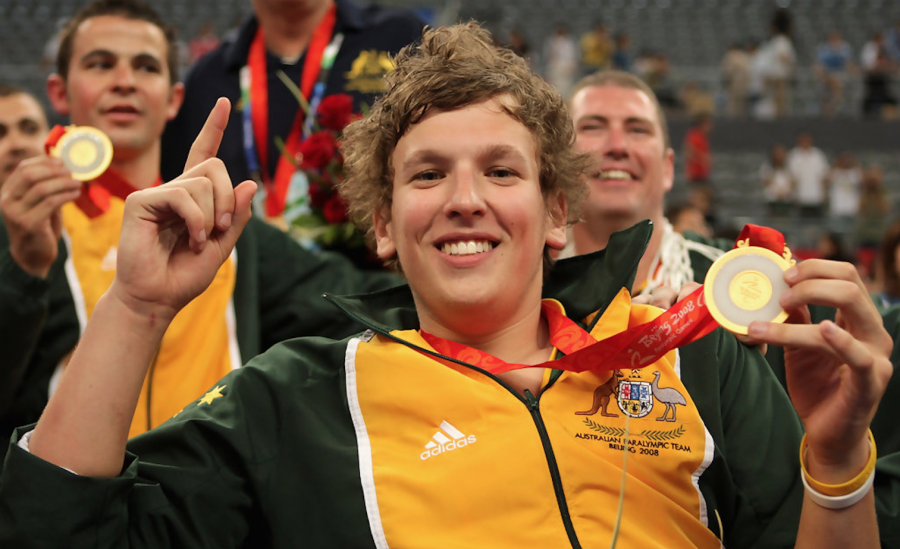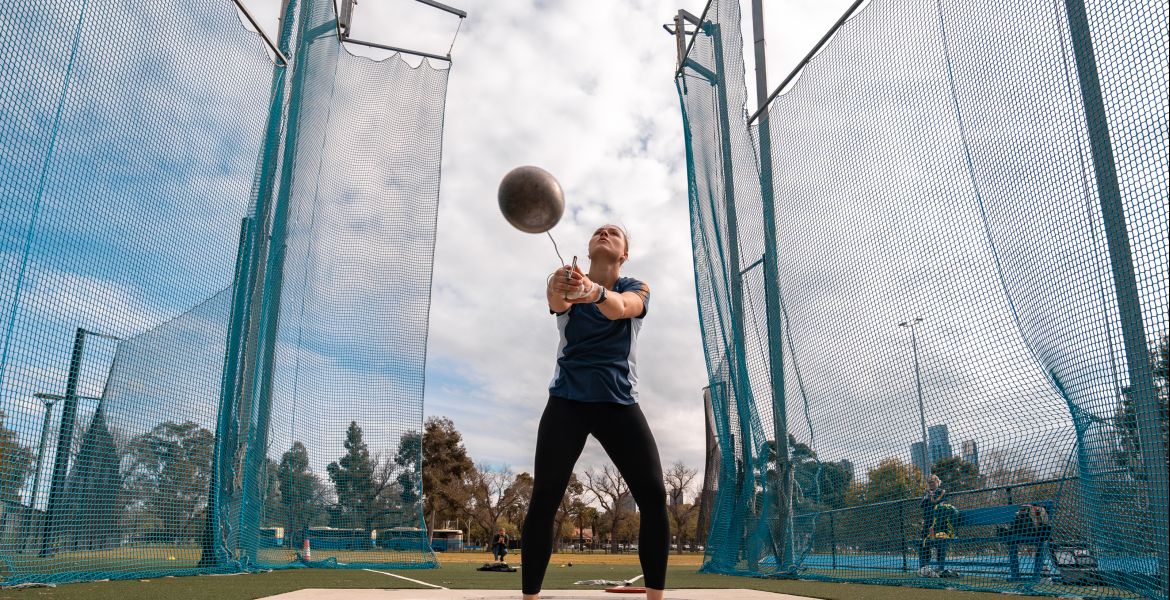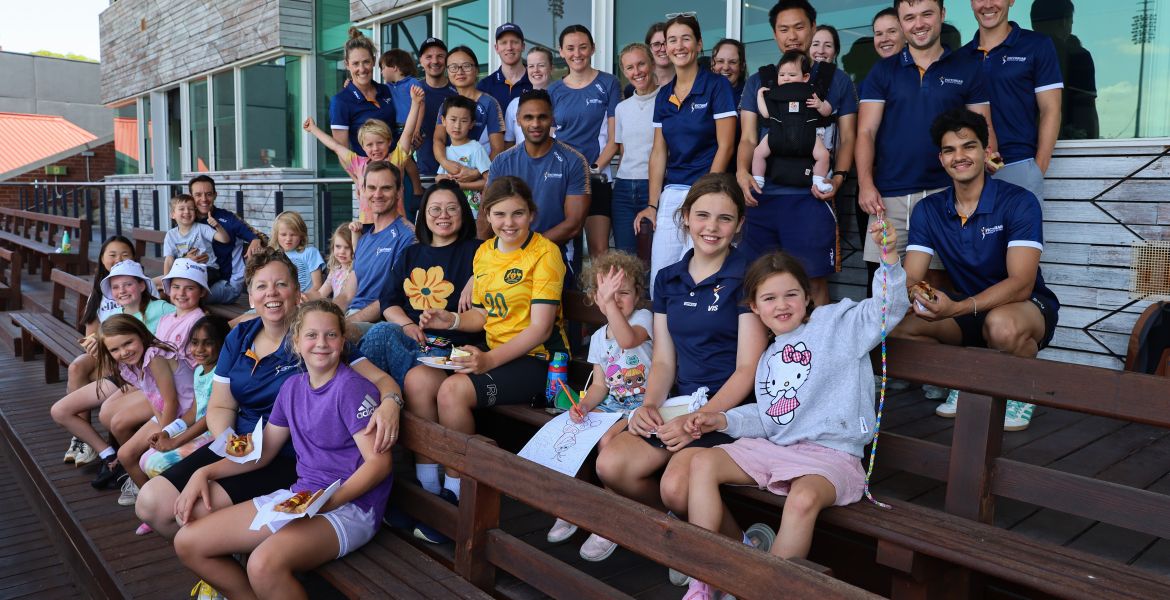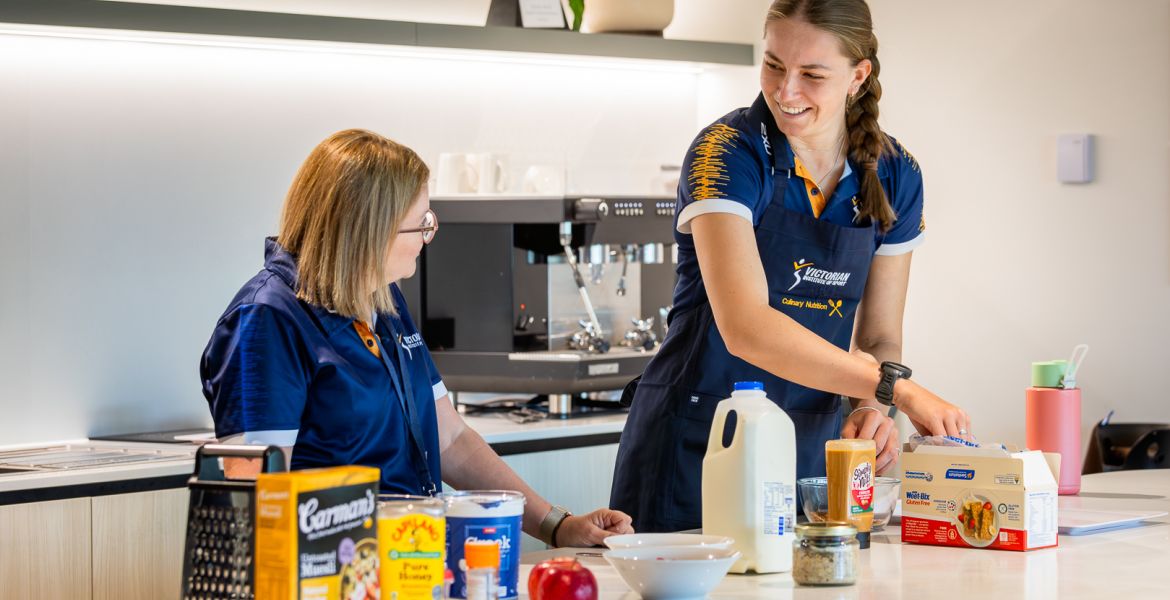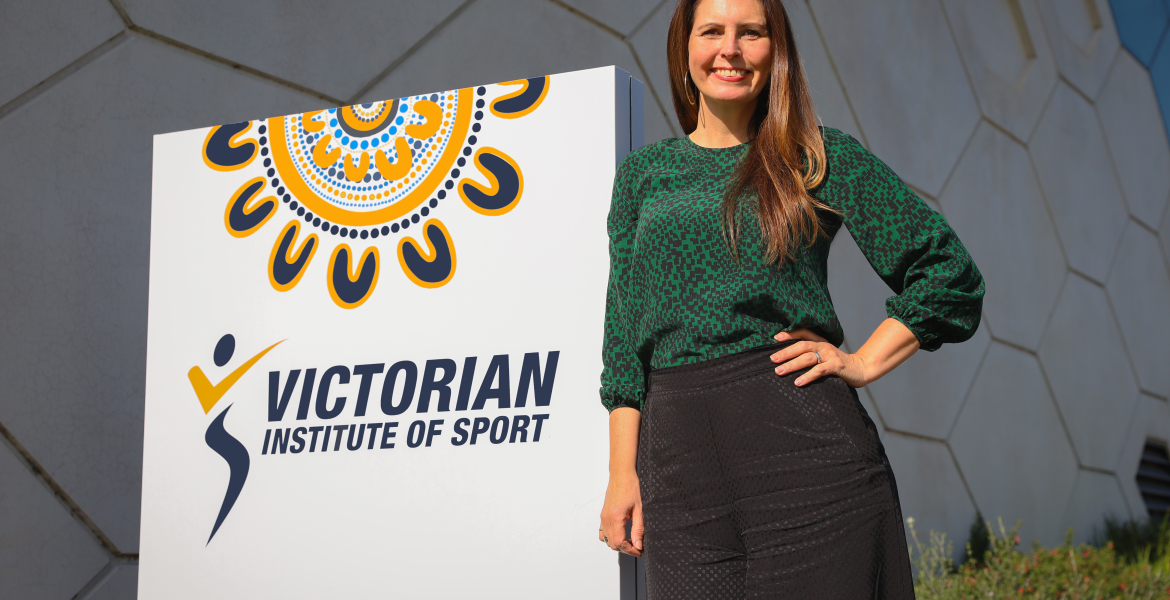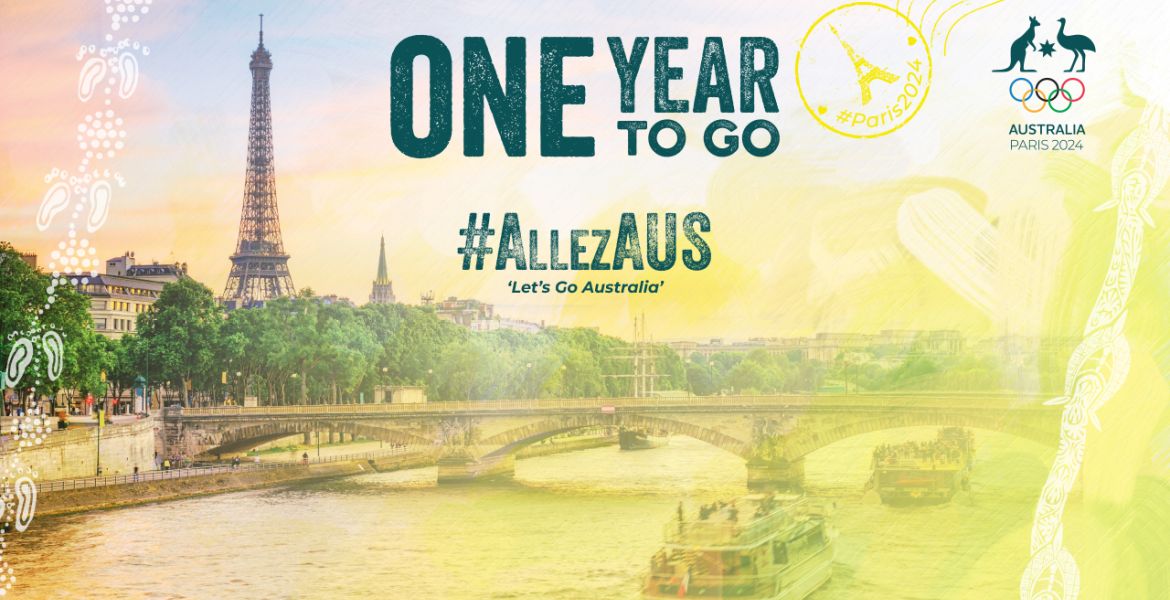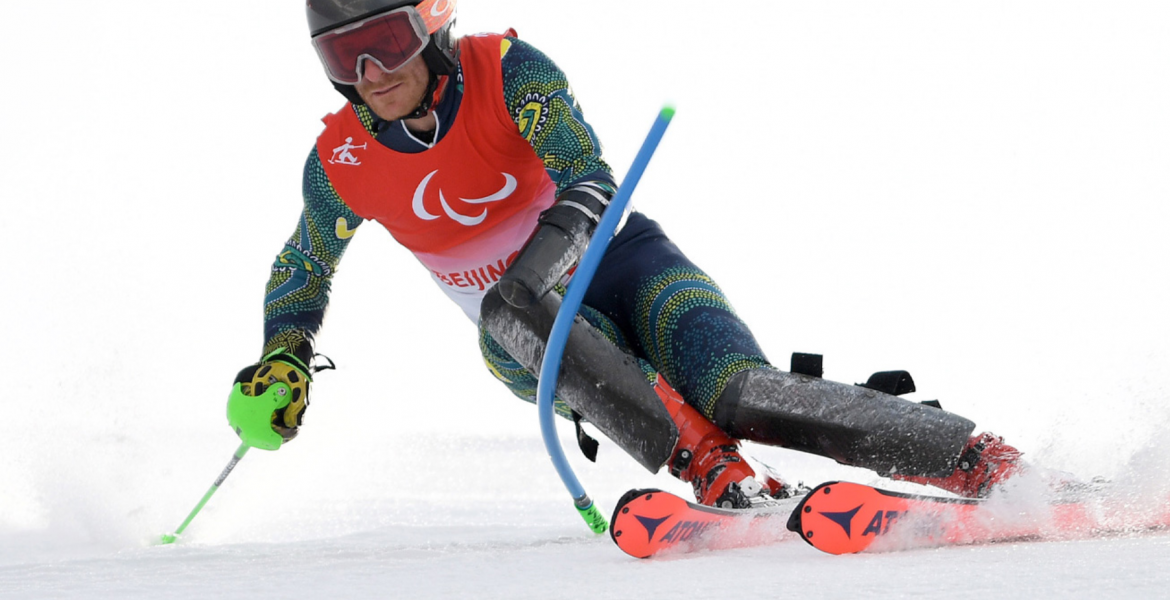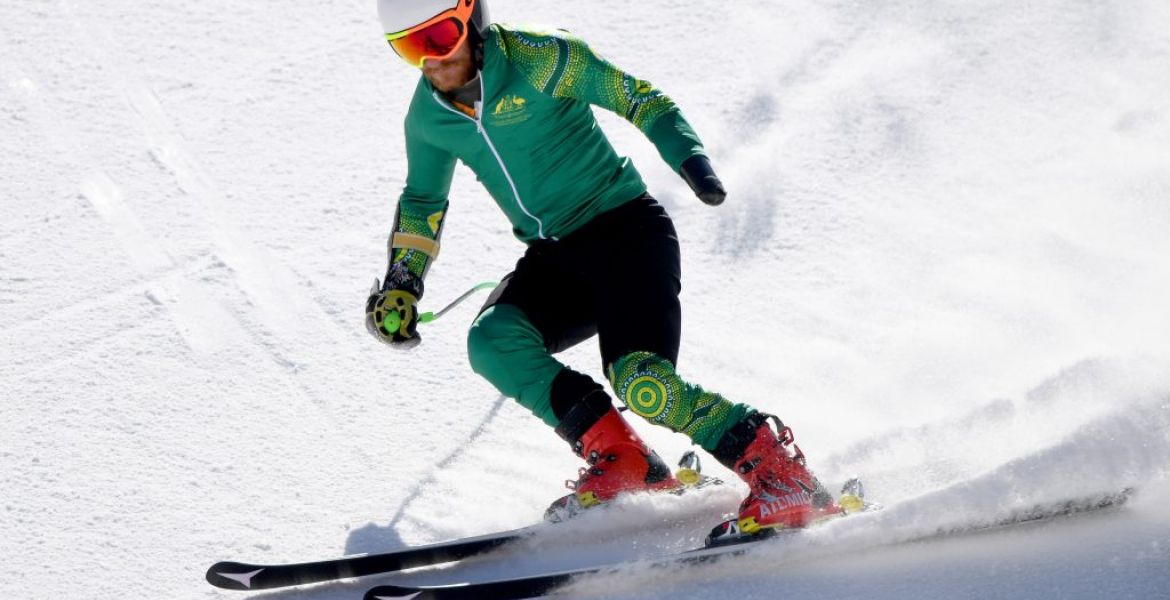The Beijing Olympic and Paralympic Games was one for the ages, Victorian Institute of Sport athletes provided some spine tingling and wonderful moments.
Written for the VIS Pinnacle Magazine in 2008.
Beijing, one for the ages
Victorian Institute of Sport Athletes brought home fifteen medals from the Beijing Olympic Games, which were arguably the most competitive Olympic Games the world has seen. The four gold, six silver and five bronze medals were the obvious highlight, but came alongside four fourth places, five fifth places and two weeks of highs, lows and triumphs, disappointments, personal bests and thrilling performances.
Two VIS athletes enjoyed a particularly sensational Games, emerging dual gold medallists. Leisel Jones dominated the breaststroke events at the “Water Cube”, winning two gold and one silver medal, while Drew Ginn became a back-to-back gold medallist in the men's pair.
Jones' sizzling form in 2008 made her the outright favourite in the women's breaststroke events for the Beijing Olympic Games (going into the Games, she owned nine of the ten fastest times in history for the 100m breaststroke and has consistently been swimming times close to her personal best). The three-time Olympian did not disappoint: on day four of the Games, she touched the wall a full body length ahead of her nearest rival to win the 100m event and become the first VIS gold medallist in Beijing. Her success continued through the Games and she returned as the most decorated VIS athlete, having won gold in the 100m breaststroke and 4 x 100m medley relay, and silver in the 200m breaststroke. The three Beijing medals added to her career tally of nine Olympic medals: three gold, five silver and one bronze.
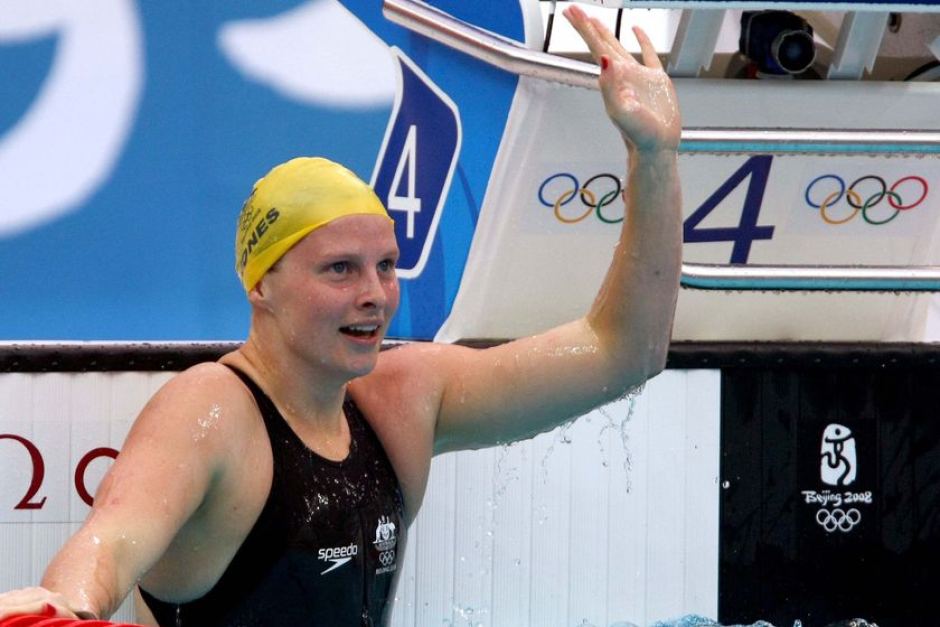
Image: Jones waves to the crowd after touching first in the women's 100m breaststroke final. Credit: Getty Images
Six, Six, Six.
The Paralympic Games were no different: the standard of competition proved greater than anything our athletes had previously faced. VIS athletes excelled as usual, bringing home six gold, six silver and six bronze medals among the countless personal achievements and courageous performances.
Lisa McIntosh became the sprint queen in her class, winning gold in the T38 100m and 200m events, while vision impaired athletes Russell Short and Jodi Willis-Roberts attended their sixth consecutive Paralympic Games. The vision impaired track & field throwing athletes both competed in the shot-put in Beijing, with Russell finishing fifth, and Jodi winning a bronze medal - meaning she has won a Paralympic medal in the shot-put at every Paralympic attempt. Russell also had the honour of carrying the flag for Australia at the opening ceremony of the Paralympic Games.
Another highlight was when Tim Sullivan became Australia’s most successful Paralympian. Going into Beijing, Sullivan had already won nine Paralympic gold medals; he won four in Athens 2004, and five in Sydney 2000. When he and fellow VIS Paralympian Chris Mullins won gold in the men’s 4 x 100m relay (T38) he became the most successful Australian Paralympian in history with his tenth Paralympic gold medal.
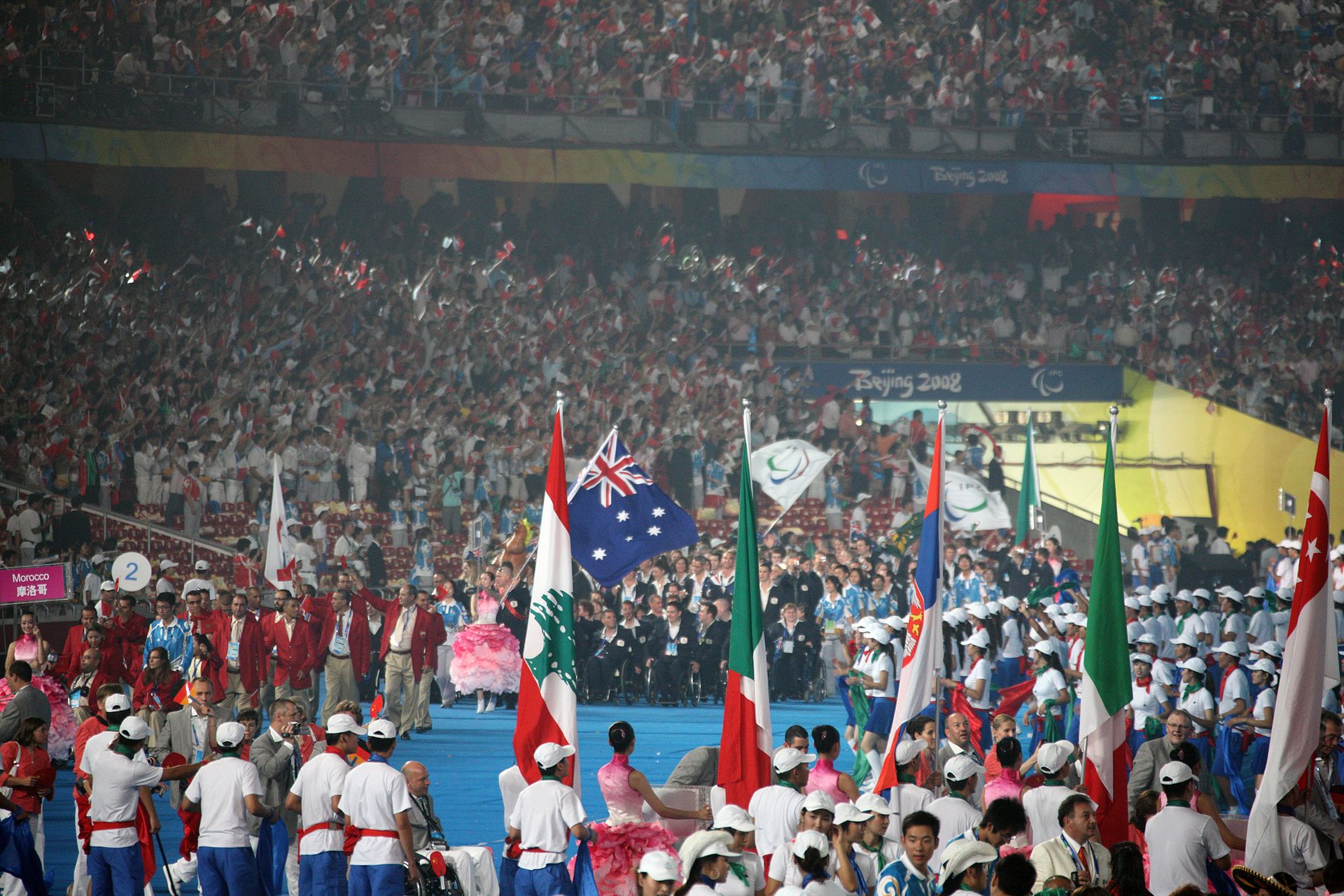
Image: The Australian Paralympic Team enter the stadium, with Russell Short carrying the flag.
Stay up to date with our 'Remembering VIS at the Games' campaign here.

